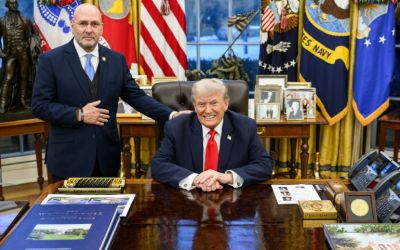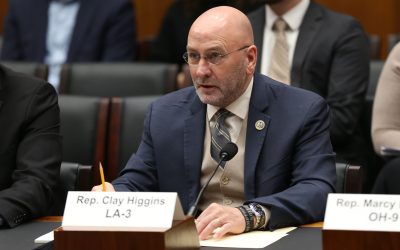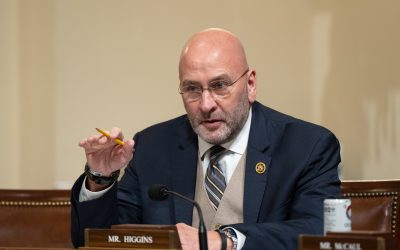WASHINGTON, D.C. – Congressman Clay Higgins (R-LA) has introduced H.R. 5693, the Long-Term Care Veterans Choice Act, which increases choice and expands access to consolidated home health services at Medical Foster Homes (MFH).
The Department of Veterans Affairs (VA) began its MFH initiative in 2000, and the program provides care for over 700 veterans in 43 states. The Long-Term Care Veterans Choice Act would expand eligibility to include veterans who were previously approved for nursing home care but prohibited from accessing an MFH. This change increases flexibility and allows veterans to utilize their benefits in the manner that best fits their individual needs.
Medical Foster Homes serve as an alternative to nursing home care for veterans unable to live without day-to-day assistance, while also providing a non-institutional setting with fewer residents.
The VA, Disabled American Veterans (DAV), Paralyzed Veterans of America, and Veterans of Foreign Wars (VFW) have all testified in support of expanding access to MFH facilities.
Congressman Higgins issued the following statement:
“Allowing veterans to exercise greater flexibility over their benefits ensures that their individual needs are best met. My legislation offers a cost-saving alternative to nursing home care, while providing veterans with more personal, quality health services. This is reflective of our overall effort to provide veterans with greater choice and freedom over their benefits. The Long-Term Care Veterans Choice Act represents another step toward modernizing and streamlining the VA so that we can uphold our commitment to America’s veterans.”
Congressman Phil Roe, M.D. (R-TN), Chairman of the House Committee on Veterans’ Affairs, released the following statement:
“Our country has made a promise to take care of America’s heroes throughout the course of their lives. The Long-Term Care Veterans Choice Act would enable veterans who are unable to live independently to access long-term care through medical foster homes, and I thank Rep. Higgins for his leadership on this important topic.”



